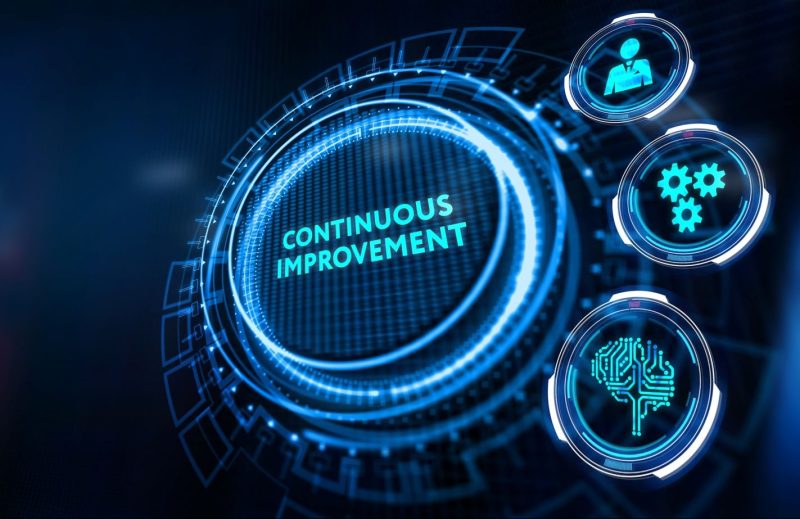Entity Appraisal
 Striving for continuous improvement and operational excellence
Striving for continuous improvement and operational excellence
With an overall goal of continuous improvement and operational excellence, an Entity Appraisal is a free and voluntary service we provide to our registered entities that identifies risks, best practices, and opportunities for improvement by assessing the organization’s management practices. The appraisal will identify areas for improvement with recommendations on how to achieve your improvement goals. Self-assessments are the same concept except that the entity performs the appraisal on their own with guidance from ReliabilityFirst.
Appraisals and Self-Assessments
How are appraisals and self-assessments performed?
ReliabilityFirst team appraisal – This is a highly interactive engagement with ReliabilityFirst/entity collaboration throughout the process. It includes training on the management practices and scoping, and additionally includes in-person interviews and requests for information through artifact and sample collection. We do most of the legwork to perform the assessment.
Mitovia® – This is an online self-assessment with help from ReliabilityFirst’s Entity Engagement department. We will train you to understand the management practices, help you scope your assessment (i.e., choose a subset of management practices relevant to the evaluation objective) and train you on the use of the tool.
What are the types of appraisals?
Risk Evaluation Appraisal
- Focuses on identified risks (e.g., ERO Risks or a risk specific to the organization).
- Medium time horizon – starts to look at broader issues related to these identified risks going beyond specific standards.
- Ideal for organizations that have internal control programs around standards and want to begin examining their internal controls around the broader issues.
Organizational Capability Evaluation Appraisal
- Focuses on operations and the management practices necessary to perform those operations effectively.
- Long time horizon – helps organizations anticipate risks and create processes to mitigate unseen impediments.
- Ideal for organizations that want to align how different business units identify and mitigate risks to drive continuous improvement across the organization.
What are the results of an appraisal?
The appraisal will provide you with a maturity implementation level for each of the management practices in the scope of your appraisal. Once these implementation levels are determined, entities will be provided with recommendations for improvement and a roadmap to improve in those areas with lower implementation levels. The following are some examples of the various implementation levels:
- Managed Practices that are Fully Implemented – This is the highest level of maturity that shows sufficient evidence and/or affirmations are present and judged to be adequate to demonstrate process has no significant weaknesses.
- Defined Practices that are Largely Implemented – This level of maturity shows sufficient evidence and/or affirmations are present and judged to be adequate to demonstrate that practices have one or more significant weaknesses.
- Partially Implemented Practices – This level of maturity shows that data (evidence and/or affirmations) conflict – some data indicate the management practices are implemented and some data indicate the practices are not implemented, and one or more significant weaknesses.
- Not Implemented – This level shows that some or all data required are absent or judged to be inadequate, data does not support the conclusion that the process is implemented, and there exist one or more significant weaknesses.
Contact
To submit questions or a request for an Entity Appraisal, please visit the Contact Us page and direct the request or question(s) to the Entity Engagement department.
